Understanding Sludge Treatment Plants
Sludge treatment plants are critical facilities for managing and processing the byproducts of wastewater treatment. These plants are designed to handle the semi-solid slurry, commonly known as sludge, that is generated from industrial or municipal wastewater treatment processes. The primary goal of a sludge treatment plant is to reduce the volume of sludge, thereby minimizing the costs associated with its disposal and mitigating potential environmental impacts.
Types and Components
There are various types of sludge treatment plants, each tailored to different processing needs. These include activated sludge systems, sequencing batch reactors, and sludge drying beds, among others. The core components of these plants often encompass sludge thickeners, digesters, dewatering equipment, and advanced filtration systems. Each component plays a vital role in the stabilization, reduction, and transformation of sludge into a state suitable for disposal or reuse.
Applications and Features
Sludge treatment plants serve a wide range of applications, from municipal sewage treatment to industrial effluent management. The features of these plants are designed to address the specific characteristics of the sludge, such as its organic content, pathogen levels, and chemical composition. Advanced sludge treatment facilities may also integrate features that allow for energy recovery and the production of biosolids, which can be used as fertilizers.
Materials and Advantages
The construction of sludge treatment plants involves robust materials capable of withstanding the corrosive and abrasive nature of sludge. Stainless steel, reinforced concrete, and high-density plastics are commonly used. The advantages of a well-designed sludge treatment plant include efficient sludge volume reduction, minimized environmental footprint, and the potential recovery of resources.
Operational Efficiency
Operational efficiency is paramount in sludge treatment plants, with designs increasingly focusing on automation and process optimization. This ensures that the plants operate within the required regulatory frameworks while maintaining cost-effectiveness and reliability. The integration of advanced sensors and control systems allows for real-time monitoring and adjustments, ensuring consistent output quality.
Choosing the Right Supplier on Alibaba.com
Selecting the appropriate sludge treatment plant supplier on Alibaba.com involves evaluating the experience of the wholesaler, the range of products offered, and the adaptability to specific requirements. Prospective buyers can utilize the platform's search functionality to filter through the extensive list of suppliers, examining product specifications, operational capacities, and customization options. Alibaba.com facilitates communication with suppliers through features such as live chat and email, ensuring inquiries are addressed promptly. With a focus on buyer satisfaction, the platform provides a streamlined procurement process, from initial search to order tracking.



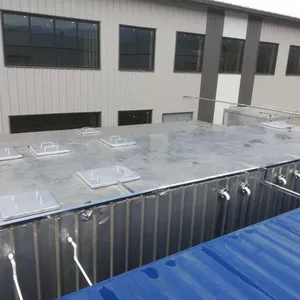










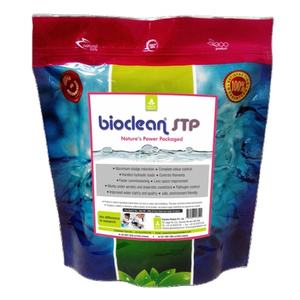









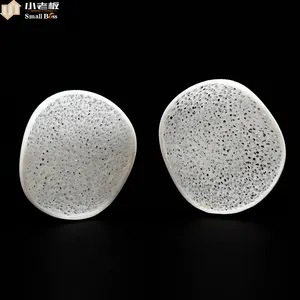
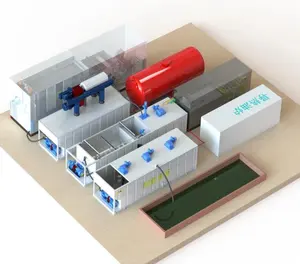



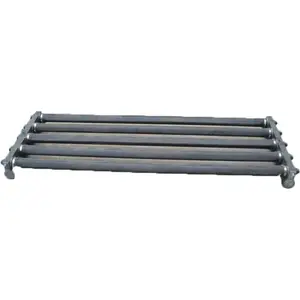






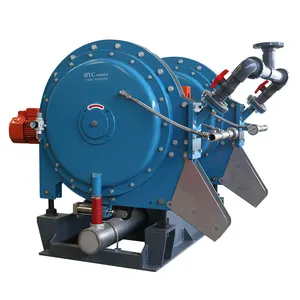


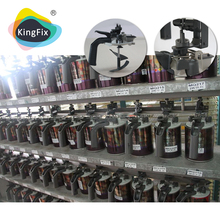
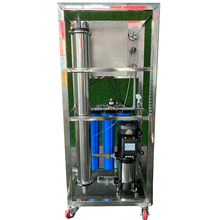





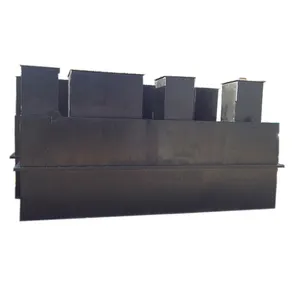

























 浙公网安备 33010002000092号
浙公网安备 33010002000092号 浙B2-20120091-4
浙B2-20120091-4